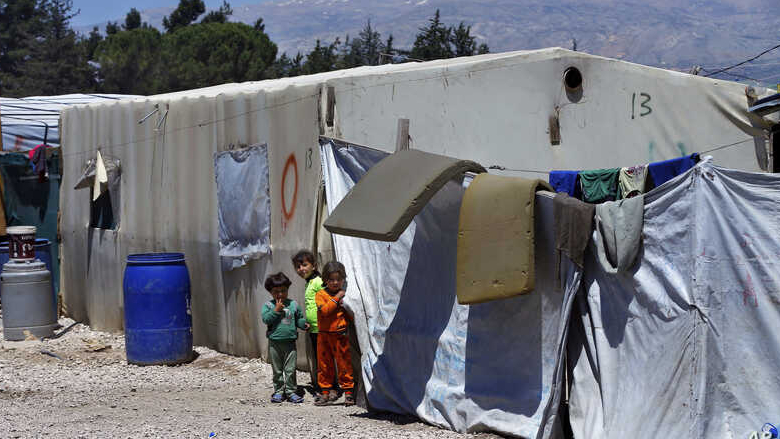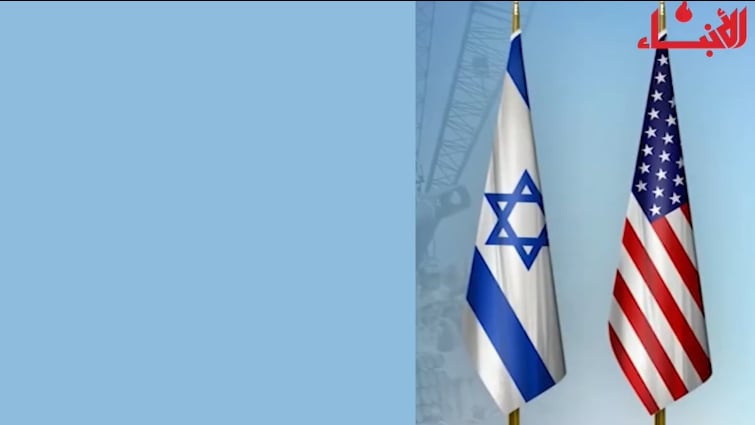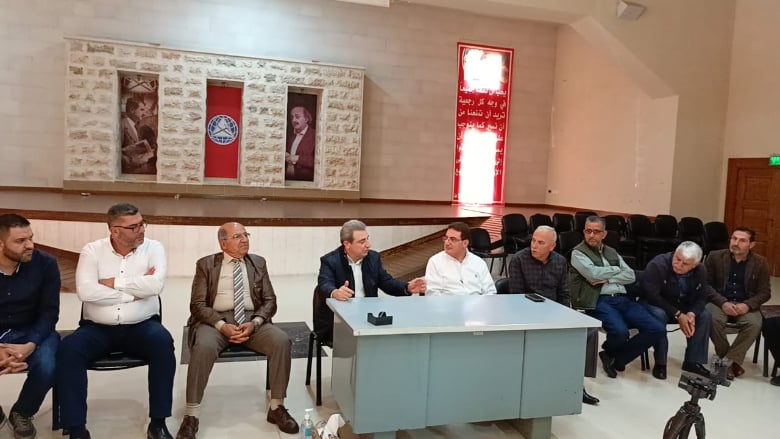The novel coronavirus (COVID-19), which began in Wuhan, China, has infected more than 1 million people globally and continues to spread rapidly causing health, economic, and social crises, amid fears that the virus will spread in Syrian and Palestinian refugee camps and cause a public health disaster with serious consequences.
According to data compiled by the Center for Systems Science and Engineering at Johns Hopkins University, the new virus has infected 1,066,706 people across the world as of April 3. The White House prediction of 100,000 to 240,000 US deaths in the coming months has raised the concerns of poor communities and displaced persons camps that lack good healthcare, especially in Lebanon—the Middle Eastern country that hosts the largest number of Syrian refugees per capita, with a government estimate of 1.5 million Syrian refugees.
It is well known that Lebanon is the third most indebted country in the world, with a debt-to-GDP ratio of 170 percent, according to Prime Minister Hassan Diab. The Finance Ministry also announced on March 23 that Lebanon will suspend payments on all its $30 billion USD worth of Eurobonds in foreign currency after defaulting on its $1.2 billion USD debt on March 9—the country’s first-ever default.
While it seems difficult for refugees in Lebanon to implement and practice social distancing, UN Refugee Agency (UNHCR) spokesperson Lisa Abou Khaled told Inside Arabia that “there have been no reported cases of coronavirus among refugees in camps and homes in Lebanon.”
“The UNHCR has launched a project to build isolation units inside refugee settlements around the country and created an awareness campaign since the beginning of February,” Abou Khaled added. “We send text messages to refugees phones and we share health [information] via social media platforms; we have been able to provide necessary instructions to 95 percent of refugees.”
Abou Khaled noted that UNHCR has distributed soap and cleaning tools to the displaced Syrians, and it will pay the costs of COVID–19 tests and treatment for them.
At the same time, UNICEF’s water, sanitation, and hygiene (WASH) team works to find out if there is a shortage of water in the camps and seeks to secure them. Jamal Ismail, a doctor with Order of Malta, told Inside Arabia that he works in a bus converted into consultation and treatment rooms that is now a Mobile Medical Unit, designed to provide medical assistance to Syrian refugees and the local population.
The Lebanese Minister of Education, Tareq al-Majzoub, has launched a distance learning program, to support Lebanese students, but their Syrian counterparts – who receive their lessons in public schools – are now in their homes and camps and it is difficult for them to have access to the technology required for learning. Abou Khaled said that “some schools are implementing distance learning alternatives for refugees, while for others it is more challenging. UNHCR continues working with the Ministry of Education on finding solutions in this regard.”
Kawthar, a Syrian woman who lives with her family in central Bekaa told Inside Arabia that she applied the health and safety regulations, and doesn’t allow her children to go out, but her husband doesn’t work because most institutions are closed due to the virus and they live in a difficult economic situation.
In addition to the Syrian refugees, there are 12 Palestinian refugee camps in Lebanon, where Palestinians live in poor housing conditions, unemployment, and poverty. The United Nations Relief and Works Agency for Palestine Refugees in the Near East (UNRWA) has revealed that there are 5.6 million registered Palestinian refugees across the Middle East, and 28,000 Palestinians have fled from Syria to Lebanon where they face humanitarian and protection needs.
In his remarks to Inside Arabia, Dr. Majdi Kareem, Manager of Al-Shifa Association for Medical and Human Services – which runs seven clinics in the Palestinian camps, has civil defense teams, and seven ambulances, in addition to volunteers – said: “We sterilized the roads and commercial establishments in the Mieh Mieh and Ain al-Hilweh refugee camps, that are located south of the city of Saida.” He stressed that the camps are taking preventive measures and 90 percent of Palestinians applied the home quarantine and isolation regulations.
Kareem pointed out that all non-essential institutions are closed in the camps, while their entrances have been closed in order to reduce movement. He also asserted that there have been no reported cases of the coronavirus among Palestinians yet.
And in preparation for any health developments that may happen because of the coronavirus, Doctors Without Borders (aka Médecins sans Frontières or MSF) continues to work across Lebanon, to provide Lebanese and refugee communities with quality medical assistance and free health services in several clinics.
Mario Fawaz, Lebanon Field Communication Officer with MSF, told Inside Arabia: “One of the most important elements is to collectively ensure that the communities are aware of the virus and the symptoms… For that, our teams have been engaging with local and refugee communities by conducting a series of intensive health awareness sessions about COVID-19. The activities target patients as well as fragile communities living in different areas in Lebanon close to our services, in the North (Tripoli and Akkar), the south (Ain al Helweh camp), southern Beirut (Shatila and Burj el Barajneh camps), as well as the Bekaa region.”
“In terms of topics, the sessions include general info about COVID-19, protection measures, mental health, self-isolation, and quarantine (especially in crowded places), taking care of [the elderly], stigma, myths, and facts,” Fawaz added. “In south Beirut, our teams trained around 70 volunteers from local NGOs and community members and reached 10,000 households and shops.” He noted that the MSF team has distributed 5,000 soap bars in Shatila and 10,000 in Burj el Barajneh.
Nevertheless, despite the preventive measures taken by health organizations in Lebanon, children in the camps play together, mothers share many items daily, and even men work in agriculture and construction in groups, so there is still a fear of the coronavirus spreading in any camp which would trigger a health emergency in an economically worn and healthcare-strained country.





